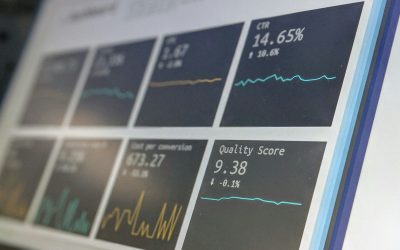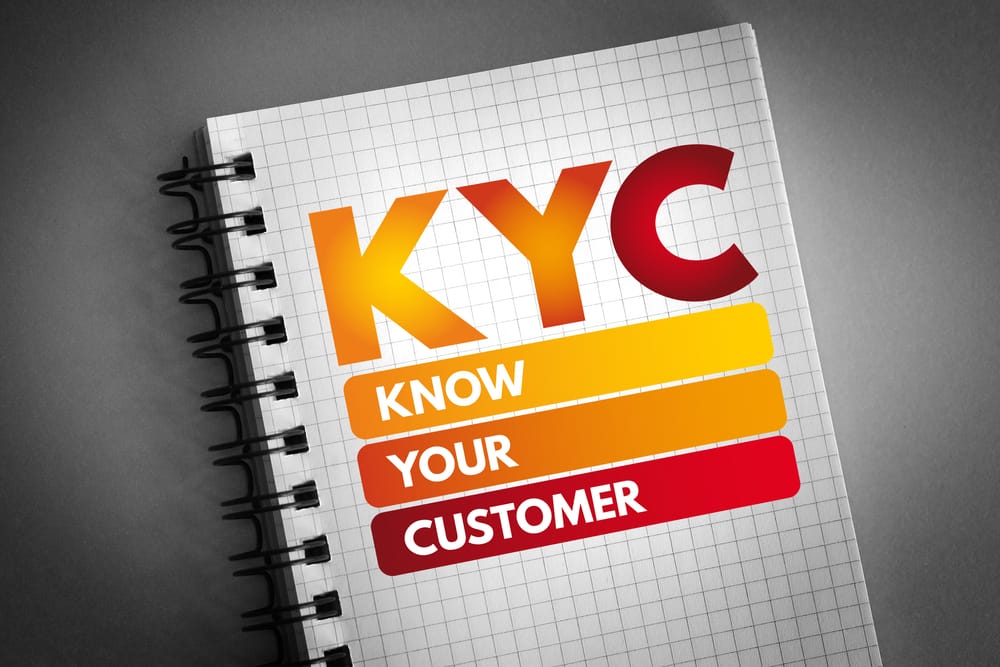Biometric Verification: Strengthening Due Diligence and Protecting Identities
In today’s digital world, streamlined and reliable identity verification is essential for compliance and the protection of vulnerable persons, as well as safe business practices. From validating users conducting financial transactions to ensuring that sensitive healthcare data stays private, KYC (Know Your Customer) protocols are vital to preventing crime and creating a secure global market for all. Customer Due Diligence (CDD) has become increasingly complex, with more advanced measures (referred to as enhanced due diligence, or EDD) have become increasingly necessary to circumvent rapidly evolving fraudulent practices, especially where false users and identity spoofing is concerned.
Biometric verification has become a highly useful tool for verifying legitimate users within your network and identifying fraudsters. Below, we’ll take a closer look at why it plays such a significant role, as well as how it helps strengthen due diligence practices as a whole. Read on to learn more.
Why Due Diligence Matters
Due diligence is the process of conducting a thorough investigation or verification of an individual’s or entity’s identity, background, and activities. Due diligence plays key role in creating accurate risk assessment profiles, and allowing companies and financial institutions to accurately classify and establish appropriate business relationships with previous unknown entities. CDD and EDD play a vital role in helping to circumvent criminal activities like fraud, counter terrorist financing (CTF), data breaches, and more.
While traditional methods like document checks, manual review, and even simple gate keeping methods like a basic username/password may have once been enough to keep criminals at bay, our rapidly evolving digital society now faces my more complex illicit activity that demands a more advance approach to combat cyberattacks and identity theft across virtual networks.
Biometric verification serves as an advance, reliable method of positively identifying prospective clients and customers, and helps to enhance security measures and the efficacy of KYC protocols.
What is Biometric Verification?
Biometric verification refers to the use of unique biological or behavioural characteristics to confirm a person’s identity. Characteristics that are often assessed by biometric verification include fingerprints, facial features, iris patterns, voiceprints, and other unique biological “signatures”. These signatures are typically quite hard to replicate, and enhance CDD/EDD by offering:
Heightened Security
Biometric data, such as fingerprints, facial scans, and iris patterns, are inherently unique to each individual. Unlike traditional methods like passwords or PINs, which can be forgotten, shared, or stolen, genetic codifiers cannot be shared by multiple individuals. When paired with Multi-Factor Authentication (MFA) measures such as passwords or security tokens, biometrics can be an extremely robust addition to your overall protective protocols.
Mitigating Impersonation Risks
Impersonation, or “spoofing” of identities online is a significant point of concern in today’s digital environment. Financial institutions, government agencies, and healthcare providers all face substantial risk should confidential data be released to the wrong parties, and biometric data can be significantly harder (though not impossible with evolving techniques) to forge for illicit gain. Due to the difficulty in replication, biometric verification not only protects sensitive information, but also protects against identity theft for users.
Enhanced User Experience
Biometric authentication methods are typically faster and more efficient that traditional methods, which can often take days to process. Users can simply use their fingerprints, faces, or voice to confirm their identities instantaneously following the initial onboarding process. In instances where pins, passwords, or other forms of MFA are not required, the user experience can be much more satisfactory and even enhance your overall conversion rate within your network.
Compliance with Regulatory Requirements
With cybercrime becoming one of the most predominant concerns of leading law enforcement agencies like Interpol, regulatory requirements are becoming increasingly necessary for many industries globally. For industries that are subject to particularly stringent regulations, biometric verification offers a streamlined way of meeting such mandates avoiding costly fees for leaving high-risk data insufficiently protected.
Certain industries are subject to stringent regulatory requirements that mandate strong identity verification measures. Biometric verification can help organizations meet these regulatory obligations, reducing the risk of non-compliance and associated penalties. Compliance is especially crucial in sectors like finance and healthcare, where sensitive data is at stake.
Preventing Account Takeover (ATO)
Account takeover (ATO) is a prevalent form of cyberattacks, wherein criminals gain unauthorized access to user accounts through a wide variety of methods. Once a data breach has occurred, malicious actors often ransom access, sell data for further gain, and can cause serious harm to your business as a whole. While traditional authentication methods are vulnerable to data breaches and hacking attempts, biometric verification can be an effective deterrent against ATO attempts by ensuring that only the legitimate account holder can access their accounts, even in online or remote settings.
Stay Compliant and Efficient with iComply
In a world where digital transactions are the norm, robust due diligence measures are essential to safeguard sensitive information, prevent fraud, and maintain regulatory compliance. At iComply, we are proud to offer world leading KYC, CDD and EDD solutions that integrate highly effective measures like real-time biometric confirmation to help you stay compliant while enhancing user security and experience on your home platform.
Book a demo with our team today to learn more about iComply’s AML and KYC solutions and discover how iComplyKYC can be customized to fit the unique risk screening needs of your organization.
learn more
Is your AML compliance too expensive, time-consuming, or ineffective?
iComply enables financial services providers to reduce costs, risk, and complexity and improve staff capacity, effectiveness, and customer experience.
Request a demo today.
2025 Outlook: Data Privacy and Security in KYB, KYC, AML Compliance
In today’s rapidly changing digital landscape, data privacy and security are more crucial than ever for compliance teams. As regulations tighten and cyber threats evolve, businesses must prioritize innovative solutions. Enter edge computing, a game-changer for KYC,...
A Quick-Start Guide to AML Compliance
Building a Robust AML Program: A Compliance Officer’s Guide
Learn how to streamline AML compliance with digital onboarding, automated SAR submissions, secure record keeping, and a risk-based approach.
The Future of KYB: Streamlined Verification for Seamless Business Transactions
KYB Made Easy: Streamlining Business Verification
Discover how modern KYB technology is simplifying business verification, making it faster, more secure, and user-friendly. Learn how automated checks, biometric verification, and real-time compliance can benefit your business.
The Future of KYC: A Digital Journey Through Verification
The Future of KYC: A Seamless Digital Experience
Explore how modern KYC technology is transforming identity verification, making it faster, more secure, and user-friendly. Discover the benefits of biometric authentication, blockchain security, and self-sovereign identity.








